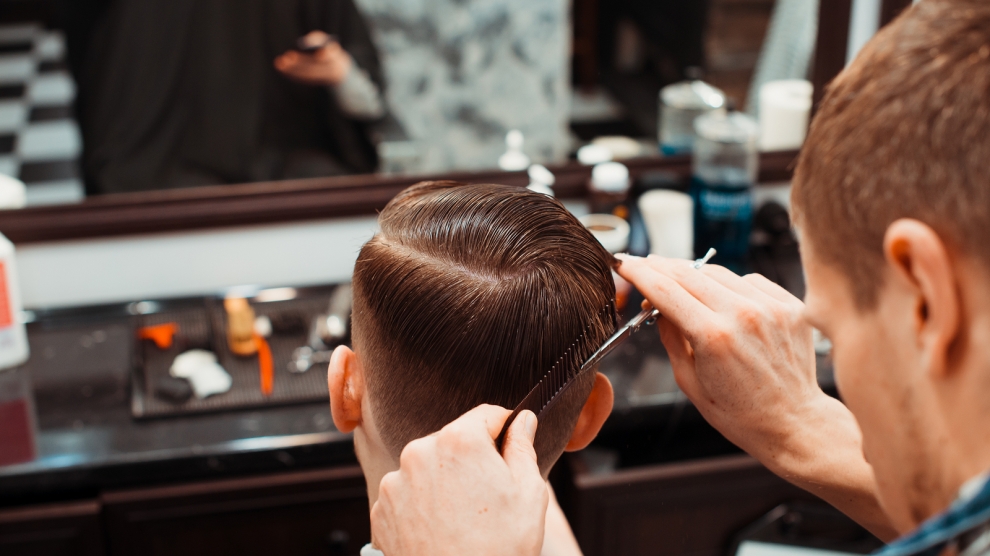“Good afternoon, I have an appointment with Cezary for 2:30pm,” I say as I arrive at a barber shop in central Warsaw. “Hi,” I hear back instead of a more formal “good afternoon” followed by a completely informal “What’s your name?”
I know you’re confused about what I mean here, so I owe you an explanation. There is no way in Poalnd you could address a stranger using their first name alone. That would normally be preceded by pani (Miss or Mrs) or pan (Mr) if you know their first name. If you don’t, you would say pani or pan, never ty (you in Polish, singular).
“I must admit I am used to being called by my first name by everyone — I actually asked our Azerbaijani intern to stop addressing me as Mr Andrew recently — but this is new to me,” I said to Cezary, while he was washing my hair. “We want to build some sort of relationship with our clients and calling them by name and being called by name sounds like we’re friends already,” Cezary tells me.
The barber shop looks like a real hipster place. I look around and see another hairdresser with a tattooed face cracking jokes with his client undergoing a beard treatment.
I try to remember all my email correspondence with Poles and other central eastern Europeans. There aren’t that many Mr Andrew’s any more but there are plenty of You’s. Poles find it polite to capitalise all the declinated variations of ty (you, singular) — Ty, Ciebie, Tobie, Ci, Tobą. This used to be a custom even between friends and family but increasingly more people are using lower case letters.
I, on the other hand, would hardly ever use someone’s last name preceded by a Mr, a Miss or a Mrs, even if I find myself in a formal situation. I have chaired panel discussions with government representatives and global business leaders. I introduce them with a full position and then continue by using their first name.
“Thanks, Czarek,” I say in Polish when my haircut has been done. ‘Thank you, Agnieszka,” I say to the receptionist after I have paid for the service. “Wow, that makes life much easier,” I think to myself and am heading to a nearby cafe to grab a double espresso and chat with my friends that I haven’t seen for some six months.
“How can I help you?” I hear as I come up to the counter and I am stunned — there’s no pan in the question either! “Can I-I have a dou-double espresssso, please? I stutter. The blonde girl wearing glasses with white frames is smiling. “Of course!”
I haven’t been to Poland for just a few months and the country seems like it has undergone a cultural transition. “When did that happen? Have I missed something?”
“Przepraszam pana [excuse me, sir]. Is this seat vacant? I hear a lady asks me after I have taken the first sip of my coffee. “Unfortunately, proszę pani [ma’am], I am waiting for my friends,” I respond. “Yes, I am back to the Poland I know!” I am relieved.

